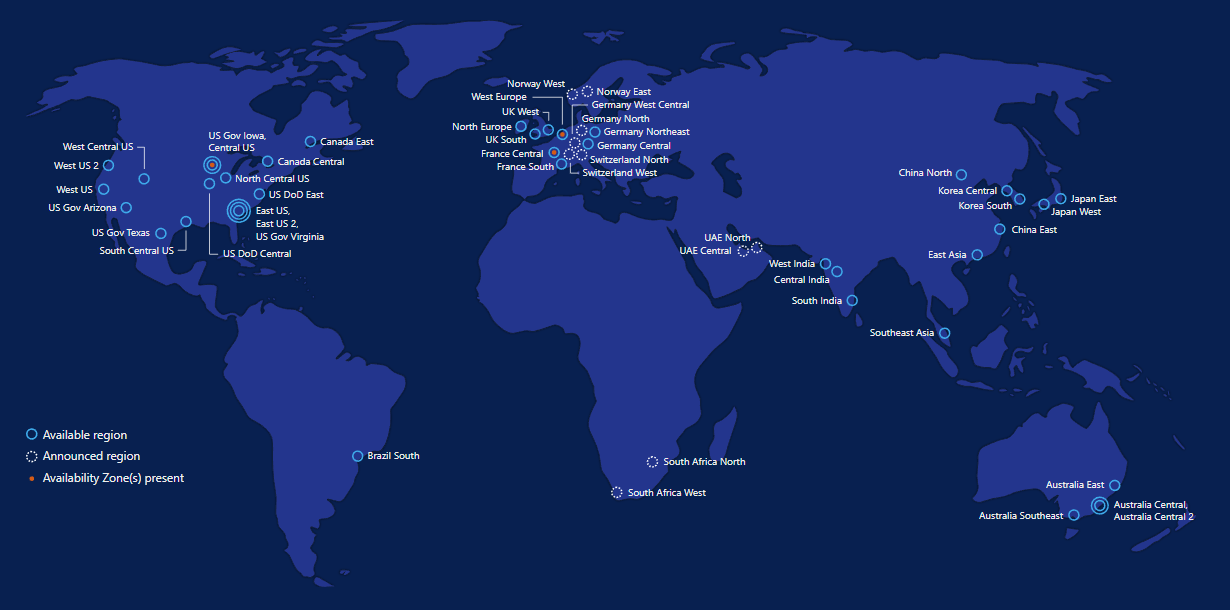Microsoft today launched two new Azure regions in China. These new regions, China North 2 in Beijing and China East 2 in Shanghai, are now generally available and will complement the existing two regions Microsoft operates in the country (with the help of its local partner, 21Vianet).
As the first international cloud provider in China when it launched its first region there in 2014, Microsoft has seen rapid growth in the region and there is clearly demand for its services there. Unsurprisingly, many of Microsoft’s customers in China are other multinationals that are already betting on Azure for their cloud strategy. These include the likes of Adobe, Coke, Costco, Daimler, Ford, Nuance, P&G, Toyota and BMW.


In addition to the new China regions, Microsoft also today launched a new availability zone for its region in the Netherlands. While availability zones have long been standard among the big cloud providers, Azure only launched this feature — which divides a region into multiple independent zones — into general availability earlier this year. The regions in the Netherlands, Paris and Iowa now offer this additional safeguard against downtime, with others to follow soon.
In other Azure news, Microsoft also today announced that Azure IoT Edge is now generally available. In addition, Microsoft announced the second generation of its Azure Data Lake Storage service, which is now in preview, and some updates to the Azure Data Factory, which now includes a web-based user interface for building and managing data pipelines.
from TechCrunch https://ift.tt/2KvJ9nU
via IFTTT
Comments
Post a Comment